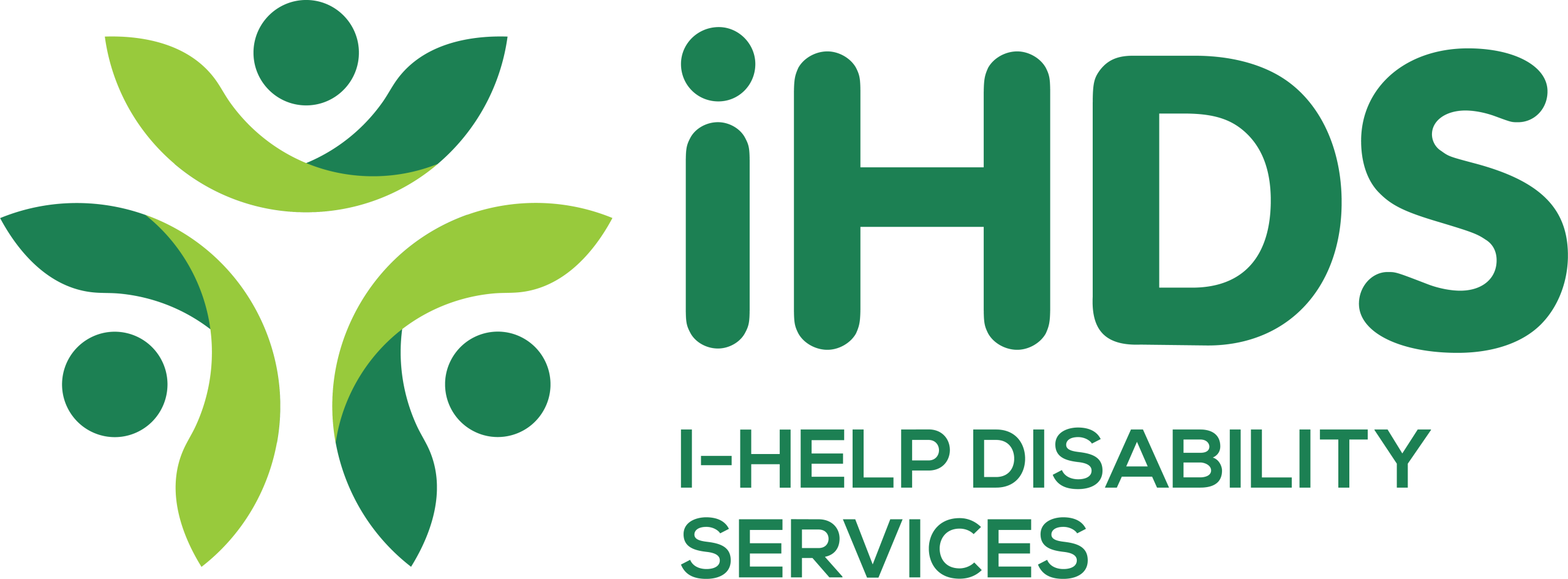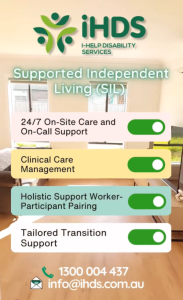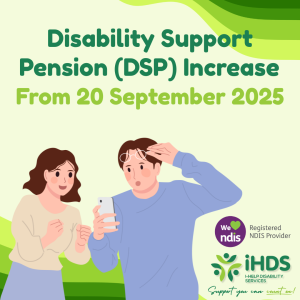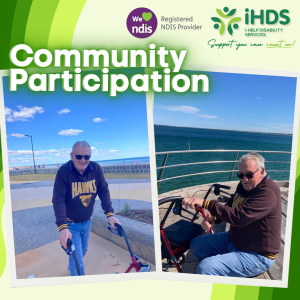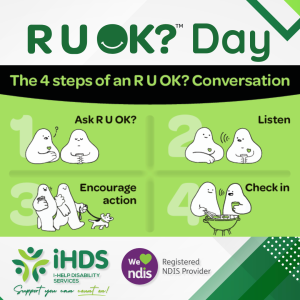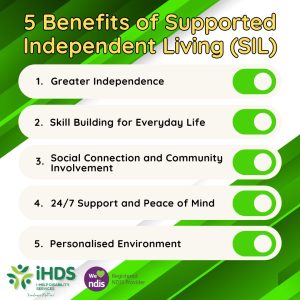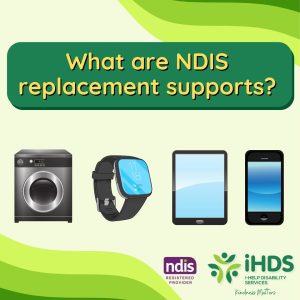What is coronavirus?
COVID-19 is a new illness that can affect your lungs and airways. It is caused by a virus called coronavirus. It is a respiratory illness caused by a new virus. Symptoms range from a mild cough to pneumonia.
Some people recover easily, others may get very sick very quickly. There is evidence that it spreads from person to person.
Symptoms
Symptoms include fever, coughing, sore throat, fatigue, and shortness of breath.
If you have serious symptoms such as difficulty breathing, call 000 for urgent medical help.
How to Keep Safe
Everyone must practise good hygiene to protect against infection and prevent the virus spreading.
Read Department of Health’s guide on how to protect yourself and others for advice on good hygiene, self-isolation, and social distancing
The World Health Organisation has produced a video which explains the virus, where it came from, what it does, how it is transmitted, what the symptoms are, and how we can prevent infection. This information sheet from the Australian Department of Health also has useful information.
I-HDS Response To COVID-19
I-Help Disability Services the safety of our clients and staff members are top priority to us as this pandemic continues to unfold.
I-HDS is following the information and advice from the Australian Government and the Victorian Department of Health and Human Services.
I-HDS has action plan in place to deal with pandemic
Prevention
Good respiratory and hand hygiene
There are preventative measures staff can take to protect themselves from infection and help prevent the spread of infections and viruses to others. These measures include practising good respiratory and hand hygiene, such as:
● cleaning hands with soap and water or alcohol-based hand rubs or sanitisers
● avoiding touching your face
● avoiding handshaking and other physical greetings
● covering your nose and mouth with a tissue or flexed elbow when coughing or sneezing
● avoiding contact with anyone who has symptoms such as fever, a cough, sore throat, fatigue, and shortness of breath
● staying home if you are unwell
● regularly clean shared high-touch surfaces, e.g. tables, benches, doorknobs
As a standard precaution, stay at least 1.5 metres away from other people coughing or sneezing with flu-like symptoms.
Social distancing in the workplace
Social distancing is critical as COVID-19 is most likely to spread from person-to-person. The following actions help reduce risk at work:
● Stay at home if you are sick.
● Consider if large gatherings can be rescheduled, staggered, or cancelled.
● Stop handshaking and other physical greetings.
● Hold meetings via video conferencing or phone call.
● Reconsider non-essential business travel.
● Defer large face-to-face meetings.
● Hold essential meetings outside in the open air if possible.
● Eat lunch outside rather than in the office.
● Clean and disinfect shared high-touch surfaces regularly and use hand sanitiser.
● Consider opening windows and adjusting air conditioning for more fresh air.
● Working from home for office based staff
